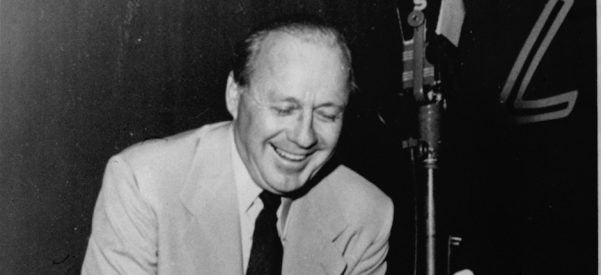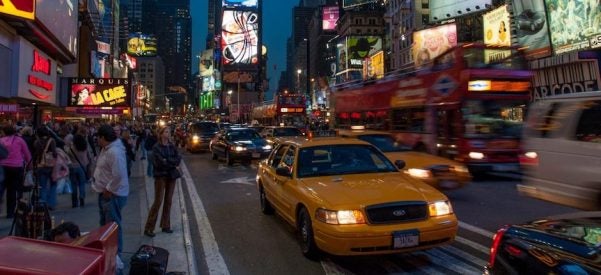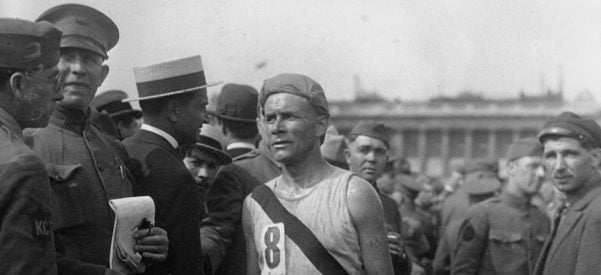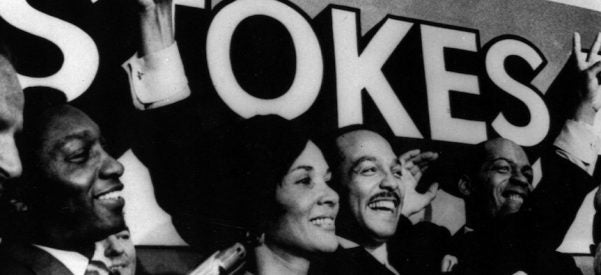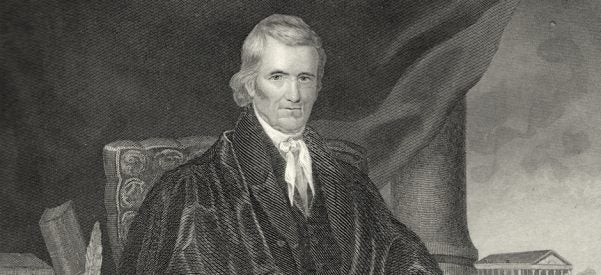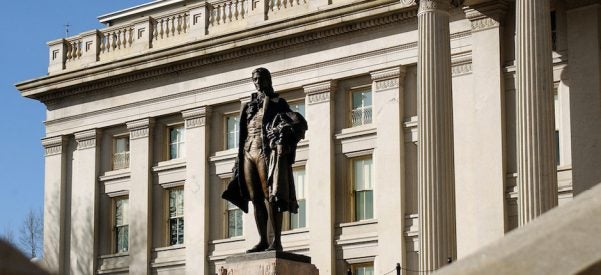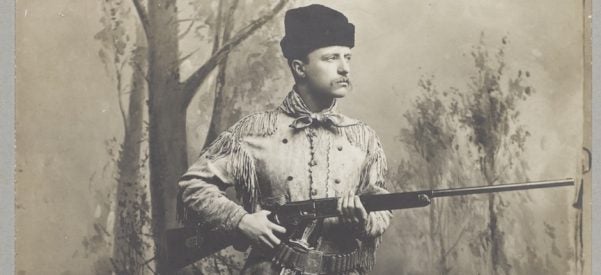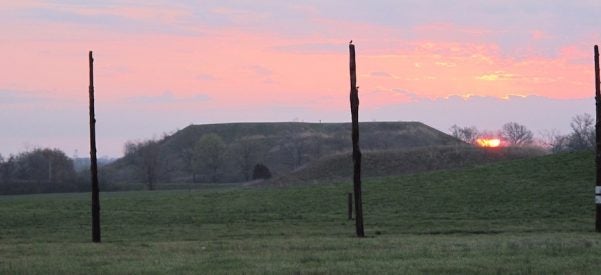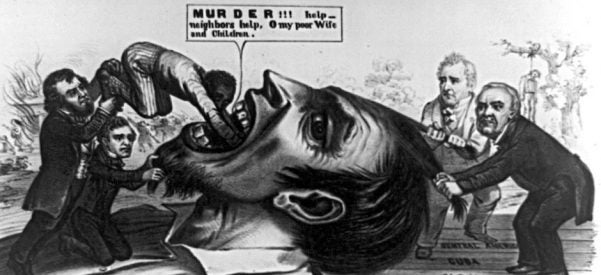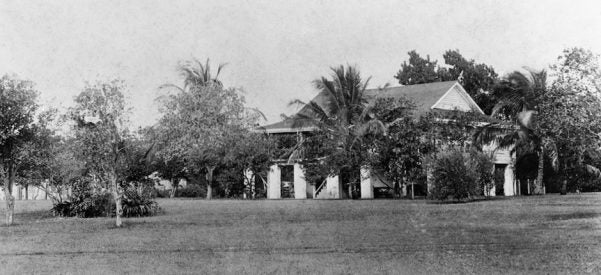How Jack Benny Revolutionized Radio by Being the Butt of His Own Jokes
The Lovable Schlemiel Forged an Intimate Bond With Audiences While Creating a Template for Situational Comedy
Of all the 20th century’s great comics and clowns, none did more than Jack Benny to update vaudevillian shtick into a far more intimate and lucrative media form: broadcast radio comedy. Today’s podcasters, and even some strains of stand-up comedy, owe a debt to this mass-communication comic master.
Born Benjamin Kubelsky in Chicago, on Valentine’s Day, 1894, Benny was the son of Polish-Lithuanian immigrant parents who dreamed that their child would become a concert violinist. Benny had other ideas. After launching …


